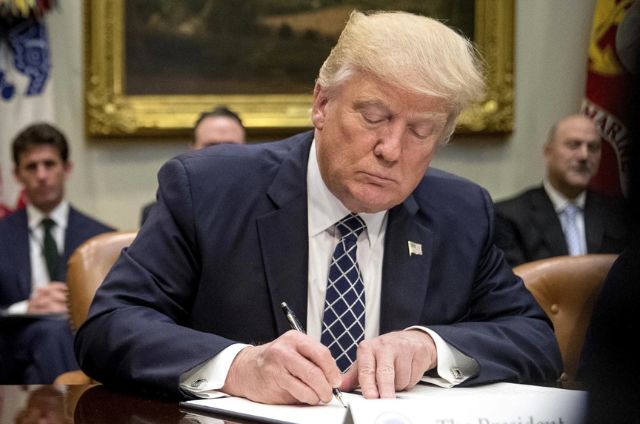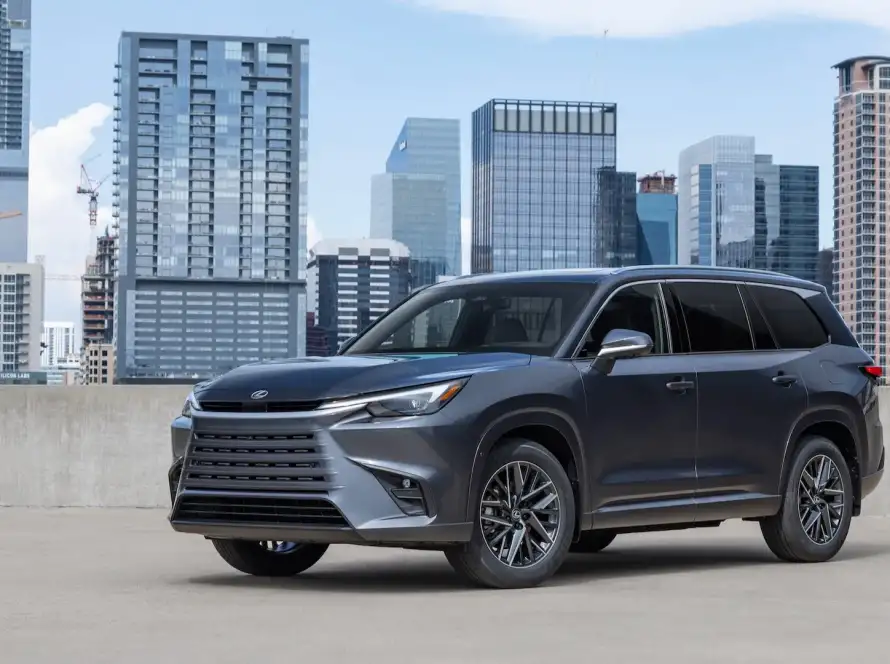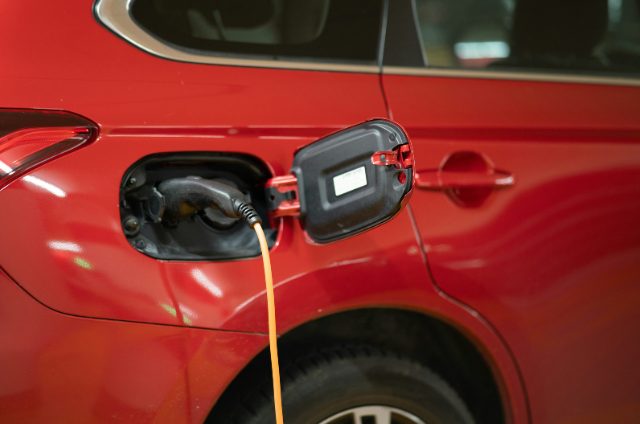A Bold Reversal in EV Policy
On June 12, President Donald Trump signed three congressional resolutions targeting California’s electric vehicle adoption plans. These resolutions effectively block the state’s mandates to phase out gas-powered cars and diesel engines by 2035. California’s policy had served as a model for 11 other states, collectively representing about one-third of the U.S. auto market.
Industry Influence and Political Response
Automakers like General Motors and Toyota had long opposed California’s EV rules. Their lobbying efforts contributed to this legislative push. Trump praised the move, stating it “rescues the U.S. auto industry from destruction.” During the announcement at the White House, he criticized California’s policy as harmful and unrealistic for manufacturers.
California Governor Gavin Newsom responded forcefully. He accused Republicans of siding with “big polluters” and undermining environmental progress. According to Newsom, these resolutions prioritize corporate interests over public health and climate goals.
Undoing a Biden-Era Waiver
Under the Biden administration, the Environmental Protection Agency granted California a waiver in late 2023. This waiver allowed the state to enforce stricter emissions and EV sales requirements than federal guidelines. That waiver is now effectively nullified by Trump’s latest action.
Trump called the prior policy “dictatorial,” arguing that it forced automakers to comply with California’s vision for the entire industry. He criticized the idea of tailoring vehicle production to meet state-specific mandates.
Broader Impact on U.S. EV Strategy
With the rollback, California loses a powerful tool to drive EV adoption nationwide. Automakers now face fewer regulatory pressures in major markets. However, this decision could stall progress toward national emissions reduction targets.
While many EV advocates see the move as a setback, the auto industry sees it as a relief. The Congressional Review Act used here makes it difficult to reinstate these rules quickly.
What Comes Next
Trump’s actions shift the trajectory of U.S. EV policy. Whether states or the federal government will lead the next phase of electrification remains a contentious issue. For now, the road to an all-electric future has hit a political detour.



